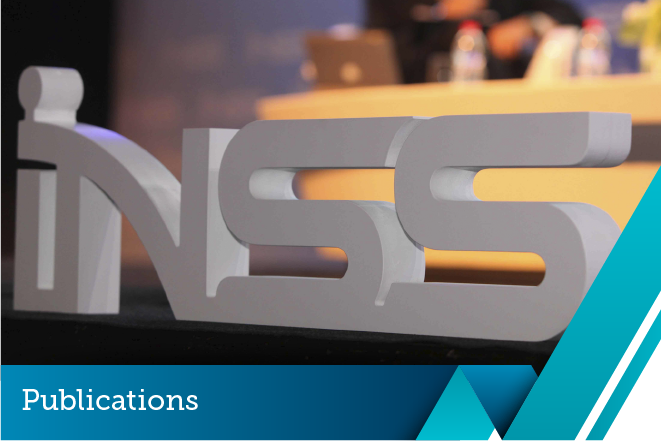Publications
in Negotiating in Times of Conflict, eds. Gilead Sher and Anat Kurz, Tel Aviv: Institute for National Security Studies, 2015

Peace processes invariably generate spoilers – dissatisfied constituencies that attempt to foil the negotiating process or prevent the successful implementation of a peace agreement preferred by the central government and a majority of the public. Dissenters against government-led negotiations may use violent or nonviolent means to derail peace processes. In democratic settings where opponents of peace agreements lack the capacity to use force, they may instead try to manipulate existing institutions, legal mechanisms, or media outlets to undermine the prospects for reconciliation. Preventing spoilers from derailing negotiations requires different strategies, depending on whether spoilers employ violent or nonviolent tactics and whether they operate in democratic or non-democratic settings. Democratic states face greater difficulties in peacemaking than do their non-democratic counterparts, since leaders have a limited ability to repress discourses that reject peace efforts. The use of force and other coercive measures to marginalize spoilers are not trouble-free options, nor is it possible for democratic governments to fully control the media or educational outlets. In other words, spoilers can be especially difficult to manage in democratic settings because a culture of peaceful conflict resolution limits the ability of governments to impose their preferences on citizens. At the same time, those societal groups that seek to derail an active peace process preferred by the societal majority and the government also cannot easily use violence to promote their interests.
The opinions expressed in INSS publications are the authors’ alone.
Publication Series Chapters


